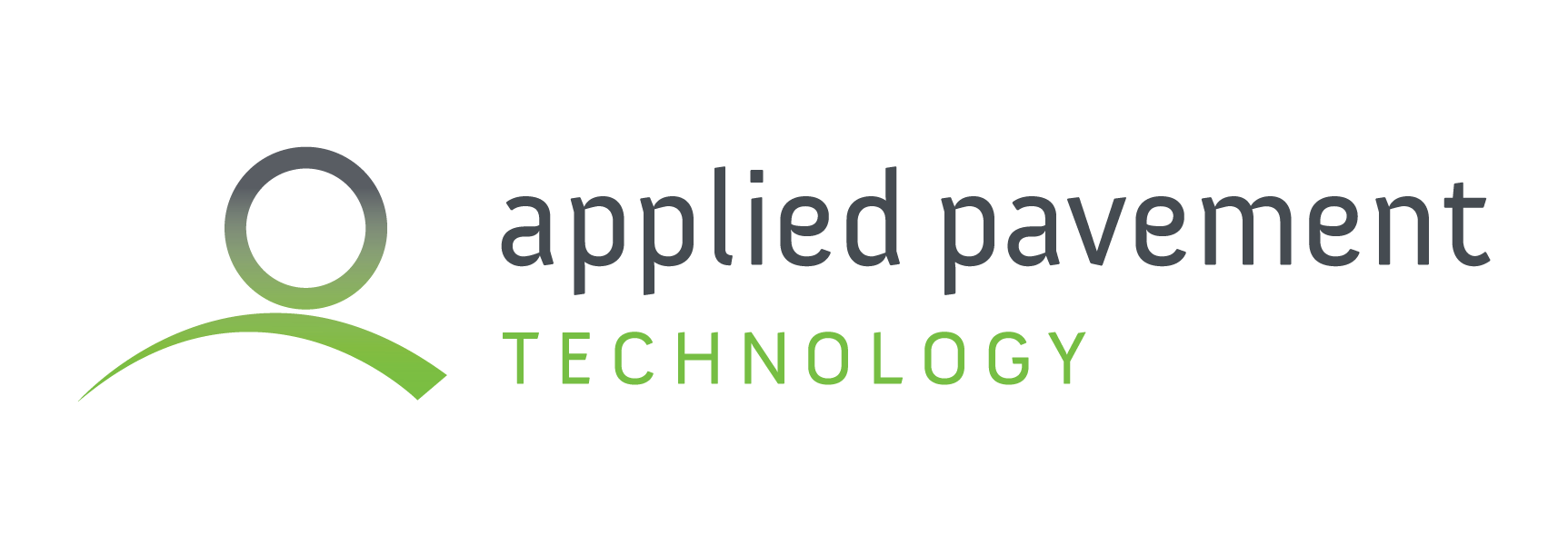APTech to provide training and technical assistance to Western TTAP
The Western TTAP Logo.
The Federal Highway Administration (FHWA) recently selected APTech to administer the Western Tribal Technical Assistance Program (TTAP) Center, which aims to help indigenous communities in Arizona, Nevada, Utah, California, and Hawaii build the capacity to administer and manage their transportation programs and systems.
APTech’s Carrie Brown, MSML, serves as the Western TTAP Center’s Program Director. A member of the Reno-Sparks Indian Colony, she has devoted her career to supporting tribal communities through her work in public health and transportation safety. Carrie also serves as the APTech’s Program Director for the Nevada Local Technical Assistance Program (LTAP). She states “the skills [she] has learned at APTech are invaluable to successfully administering publicly funded programs,” and her experience with the Nevada LTAP will be particularly helpful for finding instructors, planning large scale events, and administering the technical aspects of the program.
APTech supports the Western TTAP Center’s mission by assisting tribes with updating and maintaining their infrastructure while respecting tribal sovereignty and self-determination through culturally competent technical assistance and training. To achieve this goal, we have assembled a team of transportation, outreach, and training experts. The team includes indigenous artists and subject matter experts who will draw from their own experiences to produce culturally relevant and engaging content.
Since the Western TTAP covers such a large geographic area, reaching remote communities while staying within budget will be critical to its success. For example, these communities may not have reliable internet access, so it will be important for the Western TTAP team to think outside the box when planning outreach efforts.
“One way to solve this problem is by leveraging existing and future partnerships,” said Carrie. “Knowing your neighbors can sometimes save you a trip!” This means creating and nurturing partnerships with complementary industries, such as healthcare, and using “snail mail” and phone calls to communicate upcoming trainings and other events.
Learn more about Carrie and her work supporting APTech’s training and technical assistance efforts.

